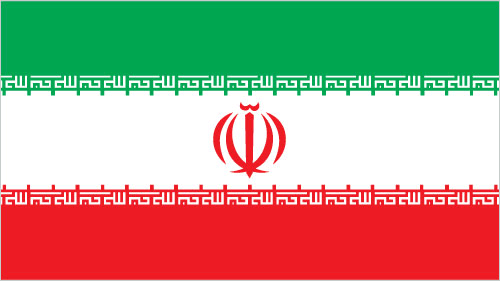
Improving the Relationship Between the U.S. and Iran with Ambassador Thomas Pickering
On Monday November 2, 2015, Ambassador Thomas Pickering visited American University to address Improving the Relationship Between the U.S. and Iran. Ambassador Pickering has served as Under Secretary of State for Political Affairs and U.S. Ambassador to the United Nations, Russia, India, Israel, Nigeria, Jordan and El Salvador. He has also served as Assistant Secretary of State for the Bureau of Oceans, Environmental and Scientific Affairs and as Special Assistant to Secretaries of State William P. Rogers and Henry A. Kissinger.
Ambassador Pickering began with a history of the nuclear negotiations between the U.S. and Iran, and put it in the broader context of global events. He highlighted the mistrust harbored by the Iranians due to President Jimmy Carter’s decision to provide the shah refuge and life-saving medical treatment in 1979. Iranians believed this action was a precursor to the Shah returning to power since it was the CIA and MI-6 that had initially planned and financed the overthrow of Prime Minister Mohammed Mossadegh in 1953; which brought the Shah to power.
He then described Abdul Qadeer Khan’s (A. Q. Khan) nuclear black market in Pakistan and Iran’s introduction to Pakistan’s nuclear infrastructure through the A. Q. Khan network. Iran was ostracized from the global economy due to its nuclear program, but they did not slow their buildup of nuclear infrastructure until the election of President Hassan Rouhani in 2013. He rose to power on a platform of opening up economic relations with the West and relieving the crushing sanctions by solving the nuclear issue. Ambassador Pickering pointed out that before the elections were held, there were secret bilateral meetings with the U.S. that for the first time showed promise and may have convinced Supreme Leader Khamenei that a deal with the U.S. was possible.
The initial proposition that the Iranians brought to the U.S. and culminated in the nuclear framework agreement was beyond what any of the U.S. negotiators expected and they gladly took it. The Iranians showed that they were serious about these negotiations and put the onus on the U.S. to return the favor. The initial agreement stopped the Iranians from enriching beyond 5%, capped enrichment of 3.5% Uranium, and allowed daily inspections of their nuclear facilities which is beyond what any other nation has ever agreed to.
Ambassador Pickering concluded that the Iranians negotiators are under no illusions that the U.S. President and his negotiators have to work with Congress and within the U.S. political system on the nuclear issue. Iran desires the Congressional actions codifying sanctions be lifted, but there is a limit to what the U.S. President can unilaterally do. Iranian relations with the West have come a long way and the Iranian nuclear program has been greatly reigned in, but the negotiators have to stick the landing.






